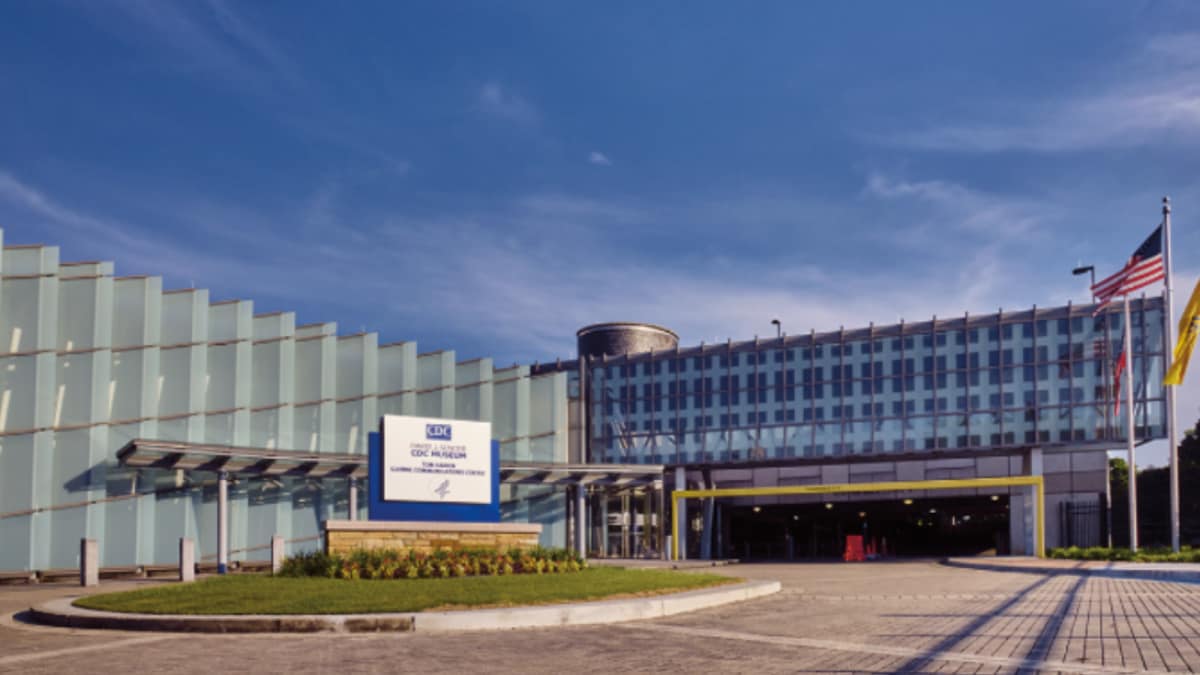ARTICLE AD BOX

President Donald Trump signs an executive order in the Oval Office of the White House, in Washington. AP/PTI
US President Donald Trump's Tariff Shock continues for companies worldwide. Trump's recent decision to lower tariffs on Japanese auto imports could put Hyundai and Kia at a significant disadvantage in the American market. The White House announced that it would cut the tariff on Japanese cars from 27.5% to 15%, a move that takes effect seven days after the executive order is published.This change means that while Japanese carmakers will enjoy a reduced tariff, Hyundai, Kia, and Genesis will still be subject to a 25% tariff. This is a considerable setback, as the US had previously agreed to lower the tariff on Korean cars to the same level as Japan.
Tariff Shock continues for Korean car companies
“As evidenced by the steep earnings fall of Hyundai Motor and Kia, the tariff shock has become a pressing issue for the survival of local carmakers,” a Korean auto industry official told Korea Times.
The official added, “Given the strong presence of Japanese brands such as Toyota and Honda in the U.S., the government should take steps for Trump to rapidly sign the order on Korean car imports as well.”This disparity in tariffs could hurt the price competitiveness of Korean automakers in the U.S., which is a critical market for them. Last year, the U.S. accounted for 54% of Hyundai's exports and 38% of Kia's. With no immediate plans to raise prices, they risk absorbing the financial burden of the higher tariff, which has already contributed to a combined operating profit loss of approximately 1.6 trillion won for the two companies in the second quarter. This loss is expected to increase in the third quarter unless the U.S. also signs an order to reduce tariffs for Korean auto imports.In response to the news, industry officials are urging the Korean government to push the U.S. to take similar action for Korean carmakers. An official from the auto industry stated that the tariff issue is "a pressing issue for the survival of local carmakers," especially given the strong market presence of Japanese brands like Toyota and Honda. Last year, Hyundai and Kia's combined U.S. market share was 10.8%, while seven Japanese brands had a combined share of over 37%.



.png)
.png)
.png)
















 21 hours ago
5
21 hours ago
5







 English (US) ·
English (US) ·